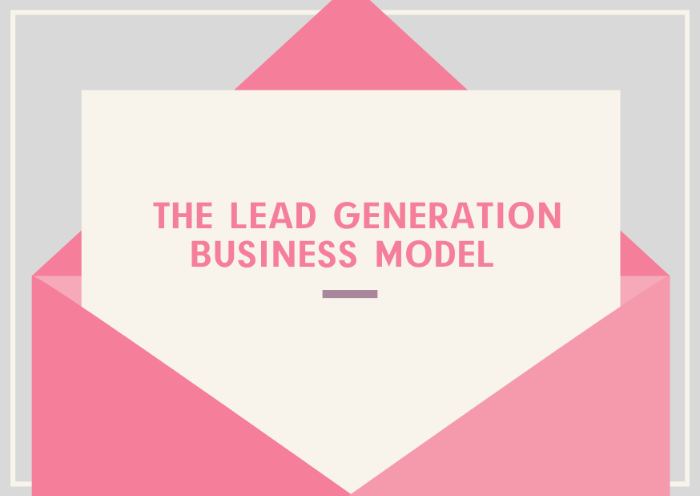The lead generation business model involves finding and qualifying potential customers, and then selling their information to businesses that are interested in marketing to those customers. This business model is common in industries such as insurance, real estate, and financial services.

In a lead generation business model, the company acts as an intermediary between the customer and the business. The company creates a database of potential customers through various marketing channels such as social media, email marketing, paid advertising, and search engine optimization. The potential customers are then asked to provide their contact information, such as their name, email address, phone number, and sometimes additional information such as their location, job title, or purchasing habits.
Related: Sales Script GuideOnce the company has collected this information, it then sells the leads to businesses that are interested in marketing to those potential customers. The businesses may use the leads to contact the customers directly, or they may use them to create targeted marketing campaigns through email, social media, or other channels.

Start lead generation right now !
The lead generation business model can be lucrative for both the company and the businesses that purchase the leads. The company earns revenue by selling the leads, while the businesses benefit from having access to a targeted list of potential customers who are already interested in their products or services. However, it's important for the company to ensure that the leads they provide are high-quality and relevant to the businesses that purchase them. Otherwise, the businesses may be unlikely to continue using the service, and the lead generation company's revenue may suffer.



























































































































































































